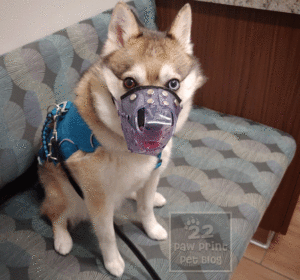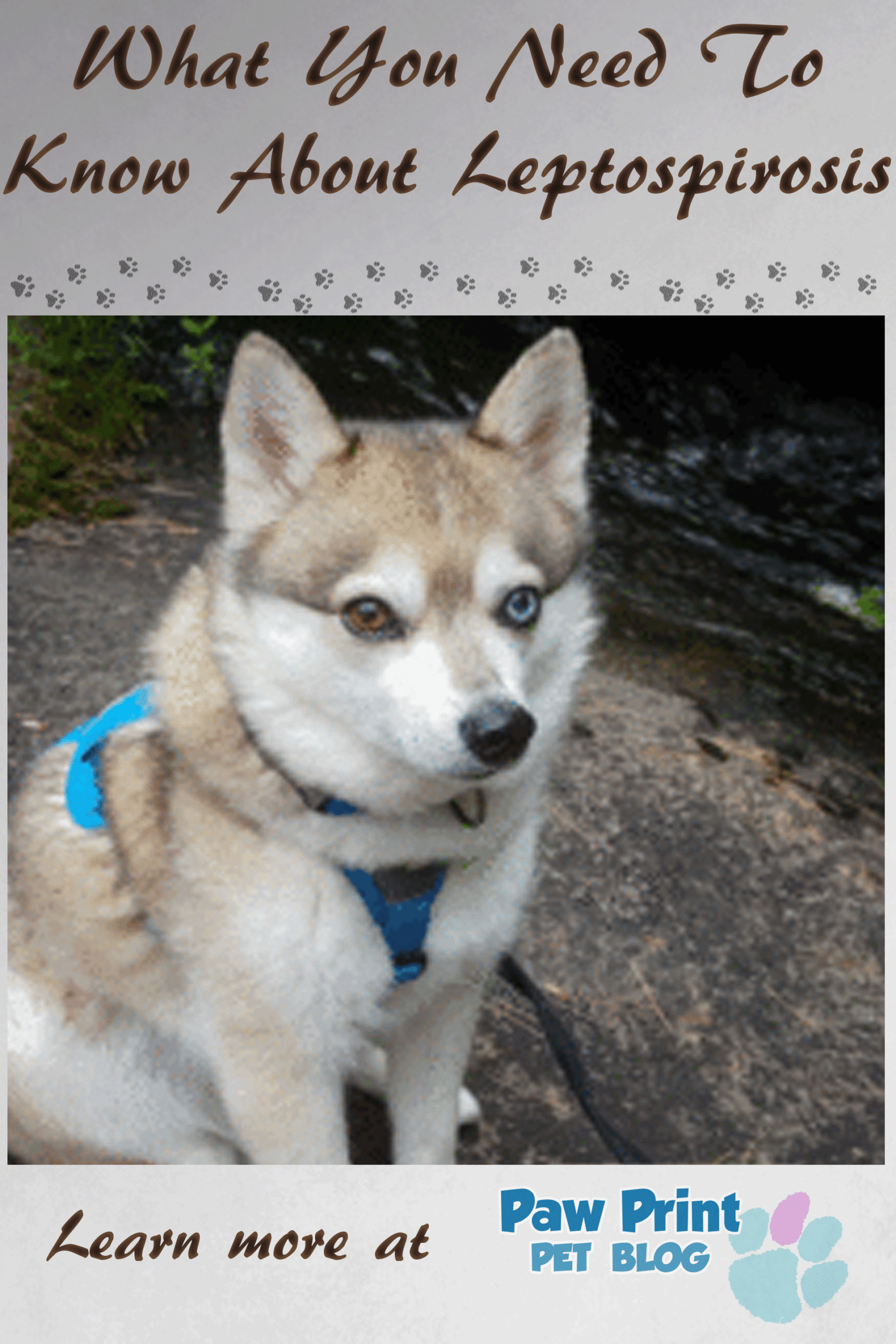If you’re a dog owner, you may recognize that Leptospirosis, often called Lepto for short, is one of the yearly vaccines that the vet may recommend for your pet. But what exactly is Lepto? What are the symptoms? How dangerous is Leptospirosis, and how do dogs catch it? It’s important for pet owners to understand what diseases pose risks to their pets, how to recolonize these diseases, and how to prevent or treat them.
Post Contents:
What is Leptospirosis?
Leptospirosis is a disease that is caused by a bacteria called Leptospira. Lepto not only occurs in our pets, but can also affect humans and a wide array of other animal species. In humans, Leptospirosis goes by many common names such as Weil’s disease, Canicola fever, Pretibial fever, and more. There are many different types of Leptospira bacteria. Eight of them are currently known to cause disease in both dogs and cats.
Where is Leptospirosis?
Leptospira bacteria are commonly found in wild animals. They spread the disease through their urine. As long as the bacteria remains moist, it can be picked up by other animals. Lepto is most common in areas that receive a high amount of rainfall. The running waters help to transport the bacteria to new locations, and keep it moist so that it can survive. The Lepto bacteria can not survive if it is frozen or dried up. Therefor, it is less common in dry or very cold areas or times of the year.
Dogs, cats, and other animals can pick up the Leptospirosis bacteria if they drink water from a contaminated puddle or other stagnant body of water such as a pond or unclean standing water source. Dogs can also catch Lepto if they come into contact with urine on the grass or soil.
What Happens if Your Dog is Exposed to Lepto?
Just because your dog is exposed to Leptospirosis does not mean they will become sick from it. Some animals are able to produce antibodies to fight off the disease before they show any signs of being ill. In pets that do become sick, it normally takes anywhere from 4 to 20 days for the animal to begin to show the physical symptoms of Lepto. Lepto can cause a wide array of symptoms including everything from fever and depression to signs of liver and kidney damage. Common symptoms include jaundice, vomiting, diarrhea, and fever.
If not treated on time, Lepto can progress and cause dehydration, nervous system abnormalities, and blood clotting problems. The Lepto bacteria creates toxins in the body that can eventually lead to liver and/or kidney failure. This may become permanent if the disease is not treated soon enough.
How Will Your Vet Diagnose & Treat Lepto?
 Your veterinarian can diagnose your dog with Leptospirosis based on a blood and urine test, liver and kidney biopsy, and your pets symptoms and history. If you suspect that your dog has Leptospirosis for any reason, be sure to tell your vet so they can start testing and treatment right away. Luckily, the treatment for Lepto is not usually difficult. Many types of common antibiotics are very effective at killing Leptospira. However, pets will also require supportive care to help prevent dehydration and too protect the kidneys and liver from damage. Many pets are able to fully recover from Leptospirosis. Some may experience kidney damage which is not curable and will need to be managed throughout the rest of the pets life.
Your veterinarian can diagnose your dog with Leptospirosis based on a blood and urine test, liver and kidney biopsy, and your pets symptoms and history. If you suspect that your dog has Leptospirosis for any reason, be sure to tell your vet so they can start testing and treatment right away. Luckily, the treatment for Lepto is not usually difficult. Many types of common antibiotics are very effective at killing Leptospira. However, pets will also require supportive care to help prevent dehydration and too protect the kidneys and liver from damage. Many pets are able to fully recover from Leptospirosis. Some may experience kidney damage which is not curable and will need to be managed throughout the rest of the pets life.
Avoidance is Best!
The best way to avoid Leptospirosis is to avoid exposing your pet to potentially contaminated water. Do not let your dog drink or play in standing water or sniff or lick urine it finds outside. There is a vaccination for Leptospirosis. However, the vaccine has one of the highest reaction rates out of all the canine vaccines.
The Lepto Vaccine…
The Leptospirosis vaccine does not cover all strains of the disease. Even for the strains it does cover, it is possible for some vaccinated dogs to still become sick. Also, the vaccine only lasts about a year in your average dog, sometimes less, so you must re-vaccinate on a regular basis. You and your vet should work together to decide whether you feel the Lepto vaccine is right for your pet. Things to take into account include the area where you live, your dogs exposure to areas that may be frequented by infected wildlife or pets, and your pets sensitivity to vaccines.
Final Thoughts…
Lepto is becoming increasingly common, especially in Eastern states such as New Jersey, New York, and Massachusetts. Your dogs individual risk of catching the disease should be based predominately on your dog’s lifestyle. If you and your vet decide to vaccinate your dog against this disease, ask your vet to use a Lepto vaccine only and to vaccinate at least a week apart from other vaccines. Using a combo vaccine or giving more than one vaccine at once puts more stress on your pet’s immune system and can make reactions more likely. Whether or not you decide to vaccinate, learn the signs and symptoms of this disease so that if your pet ever does become effected, you can get him/her treatment right away and increase your pets likelihood of overcoming this disease without any lasting damage.






2 Comments
[…] hepatitis, and distemper. When non-core diseases come into question (ex. kennel cough, Lyme, Leptospirosis, etc) it’s usually recommended that, rather than run titers, the dogs lifestyle. health, and […]
[…] adenovirus, and distemper. When non-core diseases come into question (ex. kennel cough, Lyme, Leptospirosis, etc.) it’s usually recommended that, rather than run titers, the dogs lifestyle, health, and […]